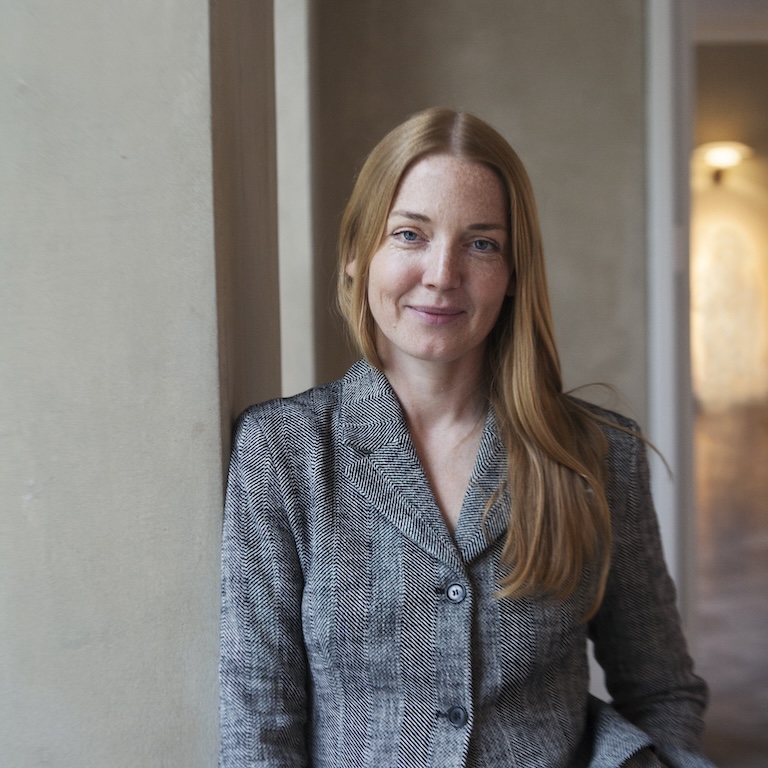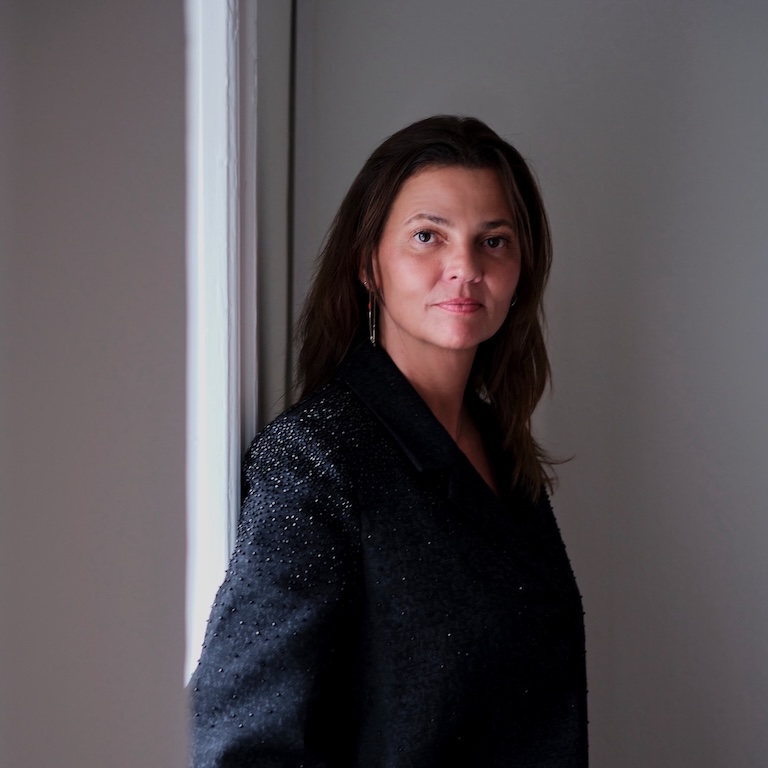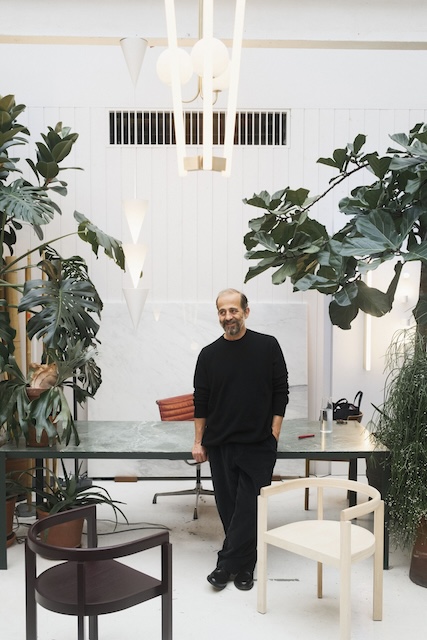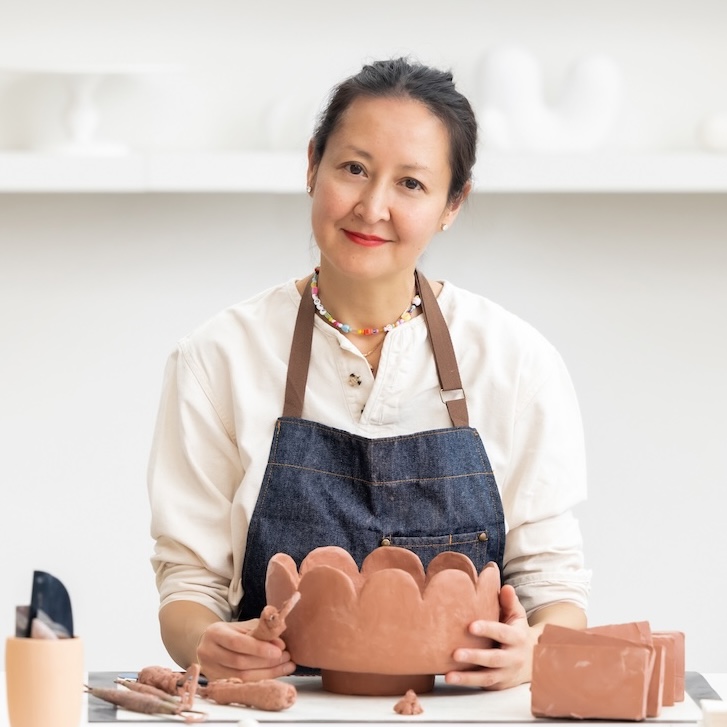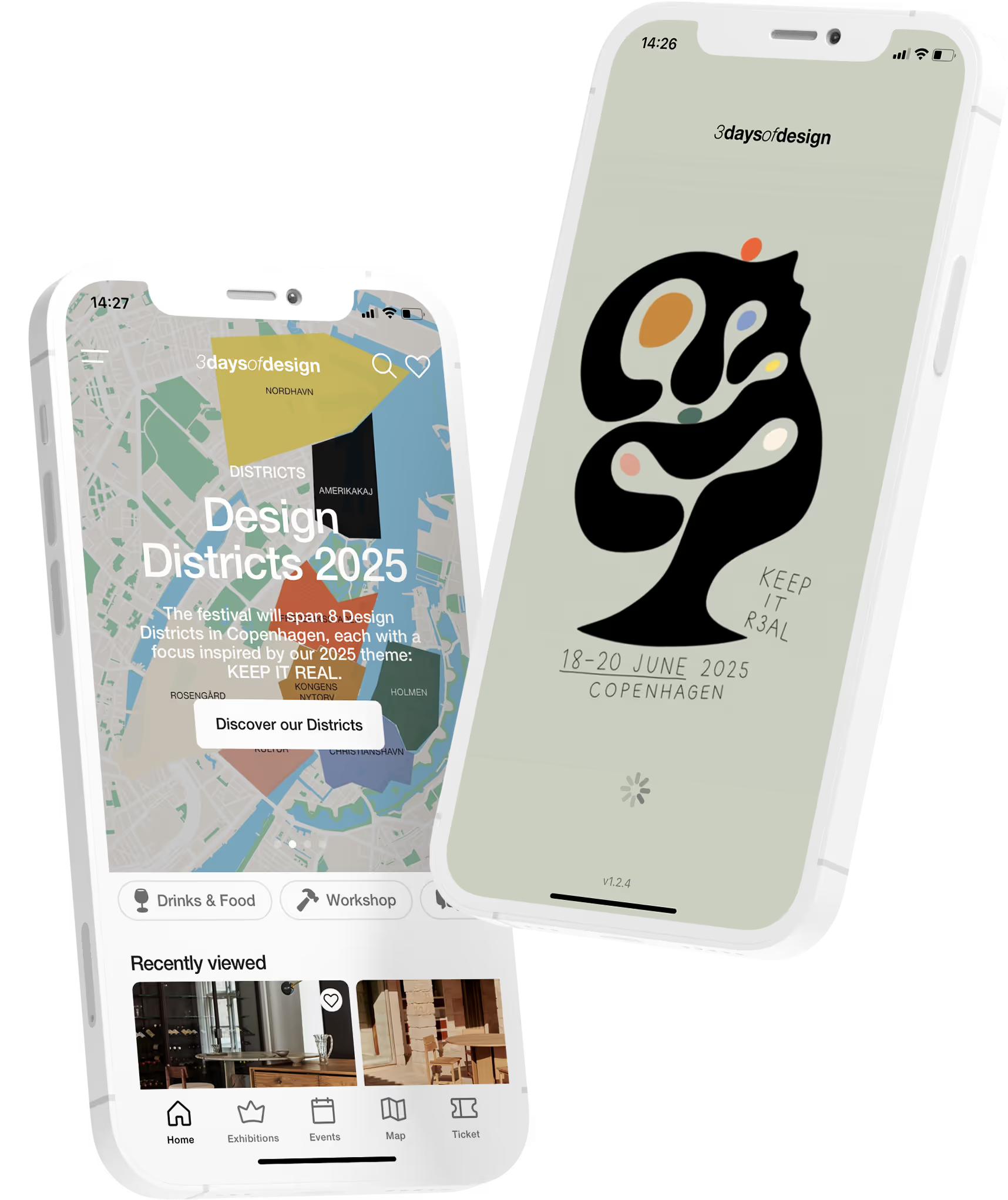Anne Boysen
A series of short interviews about how creative professionals play at work. In the second instalment, we hear from designer Anne Boysen.
What is the value of play in design?
Play is the key to well-made design. Through that, we, as designers, create the best and most ground-breaking designs. And it is through play we, as end-users, experience design in the best way.
Play and design are therefore inseparable. Play is the most essential tool designers have when we experiment and create new products. Time and place disappear when we play. We disappear into a world where we are set free, where our imagination is let loose and where anything is possible. Ideas and experiments evolve from all sides, and suddenly, the new and unique occurs.
The importance of play lies not only in the design process but also in the finished product. I try to create products that invite people to play, to be immersed and to examine, and in that way, pass the playing aspect on to the end-users.
My mantra is: “I transform complexity into simple, intuitive and playful design...” I think that play is an essential part of being human. It’s through play that we sense and develop as humans. It’s where we find joy and well-being - alone and with others.
As a designer, how do you use to play in your creative process?
Play is always the turning point in my creative process. It’s where I feel and sense the project and where my passion is awakened. My design process always starts with free play, where I observe, ask questions, examine and sense. I am open to input; I am curious and acquire knowledge in my own bodily and analogue way.
To do that, I need to have materials in my hands, seek out people who can inspire me, and find new materials and techniques that fascinate me and that I can study closely back at the studio. Everything happens in an analogue format and becomes an interaction between deep concentration in the studio and dialogue with people in the field.
What advice would you give to those who wish to incorporate more playfulness in their work?
Turn off the computer and be curious. Open your senses and be aware of what you see and feel. Seek out inspiring people and give yourself time to play without focusing on a specific output or assignment. Be patient – play always pays off – maybe not as a product or an idea at the end of the day but as knowledge that pays off both economically and mentally.
At 3daysofdesign, our commitment extends beyond showcasing the latest trends in interior design and furniture. We strive to facilitate meaningful discussions, debate, and actively contribute to pushing forward a more sustainable approach within the realm of interior design and furniture business. Join us in our mission to inspire positive change and promote a greener, more responsible future for the industry.

